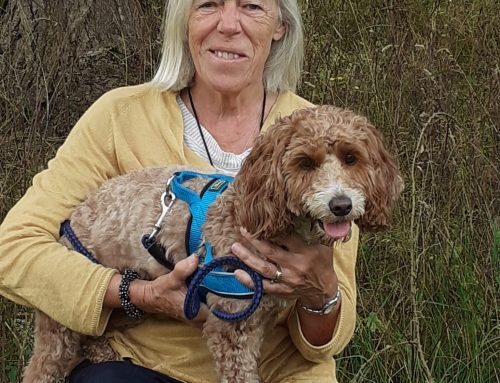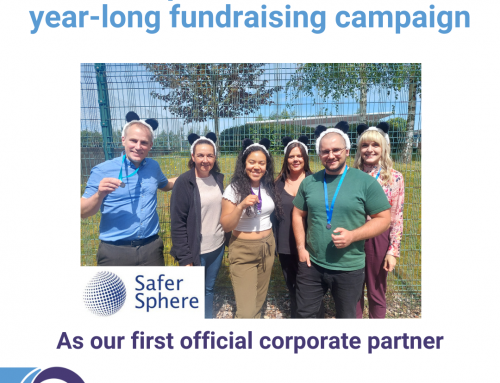Another year has flown by, with lots to report on.
It’s a year since we launched our ‘Being Misunderstood’ report which described the results of a survey of almost 1,500 people, highlighting the regular failure of services to understand and meet the needs of those with a PDA profile of ASD. We’ve just added the regional and education reports, pulling out key information relating to educational experiences and data/comments for 10 UK regions.
Over this past year, we’ve seen a number of brave families talk to the media about their personal experiences; a protest organised by PDA Action outside parliament and a resulting meeting with the Department of Health and Social Care and NICE; many people writing to their MPs; and an active campaign around poor practice in Assessment and Treatment Units initiated by Bethany’s case.
Other key points are:
- The government included PDA in its announcement about the autism strategy review
- The Government is developing mandatory training on autism for those working in the NHS and social care
- PDA has been included in new Australia ASD guidelines
- MP’s information has been updated and no longer says that PDA can be alternatively diagnosed as ODD
- New pathways are being developed in some areas, such as Solihull, which help to better identify the PDA profile
- Researchers have met together and are getting to grips with the underlying questions that need to be answered
- NHS England Commissioners in ‘Transforming Care’ are to receive training on the PDA profile of ASD
- More peer reviewed articles relating to PDA published in professional journals
Most importantly, there is an increase in awareness in training and in improved understanding, and it has all been greatly enhanced by hearing PDA voices.
The PDA library is also growing with new books published:
- PDA by PDAers compiled by Sally Cat
- Me and My PDA by Dr Gloria Dura-Vila
- Collaborative Approaches to Learning by Ruth Fidler and Phil Christie
- It’s a PanDA thing by Rachel Jackson
- and the first book in Norwegian about PDA.
Two other books feature characters with PDA: Can You See Me? by Libby Scott and Rebecca Westcott and Underdogs by Chris Bonnello.
Our hopes for this year
- Research – There is no doubt that robust research is needed as a basis for identifying what can help and how we can best talk about the PDA profile. This may take time, but further steps will be made over coming months.
- Leadership – Clinicians are increasingly sharing their experiences and advocating the value in looking at some individuals through a lens of ‘demand avoidance’.
- Good practice – More is being and needs to be done on good assessment pathways and interventions, demonstrating approaches that can work for adults, within education and within families.
- Inclusion – Autism, in all its presentations, is still widely misunderstood and it is essential that we all work together to build greater awareness of neurodiversity.
The theme for PDA Day 2019 is Improving Outcomes with a twin focus on what’s working and what’s needed …
What’s working – examples of good practice across many sectors …
- Adult Life – a new self-help, coping strategies & therapies resource and other links
- Clinical – a PDA Society statement about diagnostic terminology; details of a multi-agency assessment pathway for PDA in Solihull; an article by Dr Gloria Dura-Vila about the importance of identifying & describing PDA; 10 top tips from SLT Libby Hill on assessing a child with PDA … and other resources
- Accessing PDA training – several organisations who have sought out PDA training talk about the positive outcomes that resulted
- Education – examples of best practice and an overview of a personalised alternative provision, with lots of other resources
- Social care – a new article written by independent social worker Cathie Long and a case study about Ben whose care in the community is managed by his family, plus other links
- Parenting – a look at how helpful parent support groups are, and many other resources
- PDA Stars – award your own PDA Star to individuals or organisations who demonstrate good practice for PDA
What’s needed
- Better understanding – a new video ‘Demand Avoidance of the PDA Kind’ and other resources
Research - PDA Pledges – take a PDA Pledge to show your commitment to raising awareness, increasing understanding or taking action about PDA
We hope this is a useful round-up of what’s happening and being planned. Please do get in touch with us to share your thoughts and experiences too.





